Table of Contents
ToggleSources
- https://www.archives.gov/founding-docs/constitution
The National Archives provides the original text of the U.S. Constitution, which is essential for understanding the founding principles and document discussed in the blog post. - https://plato.stanford.edu/entries/constitutionalism/
The Stanford Encyclopedia of Philosophy offers a comprehensive overview of constitutionalism, its history, and key principles, aligning well with the post's discussion of constitutionalist ideology. - https://www.britannica.com/topic/constitutionalism
Encyclopedia Britannica provides authoritative information on constitutionalism, its origins, and its global impact, supporting the historical context and principles mentioned in the post. - https://www.law.cornell.edu/constitution
Cornell Law School's Legal Information Institute offers an annotated version of the U.S. Constitution, including interpretations of the Bill of Rights and other amendments referenced in the post. - https://www.supremecourt.gov/about/constitutional.aspx
The U.S. Supreme Court's official page on constitutionalism explains the judiciary's role in interpreting the Constitution, relevant to the post's discussion of constitutional interpretation and judicial review.
Key Points
- The United States was founded on principles of freedom and equality, and constitutionalists aim to uphold these founding values.
- A constitutionalist believes in limited government, individual rights, and strict adherence to the constitution as originally intended.
- Constitutionalism is a political ideology emphasizing individual rights and limited government, distinct from but compatible with democracy.
- The Bill of Rights protects fundamental freedoms such as speech, religion, and due process, which constitutionalists strongly advocate for.
- Constitutionalists value personal freedom and the ability to make individual choices without government overreach.
- The origins of constitutionalism trace back to ancient Greece and Rome, with significant development during the Enlightenment and American Revolution.
- Key principles of constitutionalism include separation of powers, the rule of law, and representative democracy.
- Benefits of constitutionalism include protection against tyranny, promotion of stability, and safeguarding individual rights.
- Challenges to constitutionalism include populism, executive overreach, and threats from globalization and technology.
- The future of constitutionalism may be influenced by globalization and technological advancements, requiring adaptation to new realities.
- Constitutionalism faces threats from rising authoritarianism but remains a vital framework for protecting freedoms worldwide.
- Being a constitutionalist involves standing up for individual rights, resisting government overreach, and upholding the rule of law.
Summary
The blog post explains constitutionalism as a belief in limited government and individual rights, rooted in the U.S. Constitution's original intent. It highlights key principles like separation of powers and the rule of law, while acknowledging challenges such as populism and authoritarianism. Ultimately, it argues that upholding constitutional values ensures freedom, stability, and democracy.
The United States of America is a country founded on the principles of freedom and equality. We have come a long way since our founders signed the constitution in 1787, but we must never forget what this country once was and what it can be again if we stay true to our founding principles.
What is a constitutionalist?
A constitutionalist is someone who believes in the principles of limited government and individual rights. The term is often used to describe someone who wants to adhere strictly to the constitution. It can also be used more generally to describe someone who believes that government should be limited by constitutional law.
What is Constitutionalism?
Constitutionalism is a political ideology that stresses the importance of individual rights and limited government. It’s often used as a synonym for democracy, but they are not quite the same thing. A constitutionalist can believe in democracy but may also think that some form of monarchy would best suit their country.
Constitutionalism is a distinctly American ideology. It’s a complex set of ideas that have the potential to lead to many controversies in government.
Constitutionalists value the constitution as our founders envisioned
If you’re a constitutionalist, you value the constitution as our founders envisioned. You believe in limited government and individual rights. You believe that the constitution is a living document that judges can interpret, but only within the meaning of its original intent.
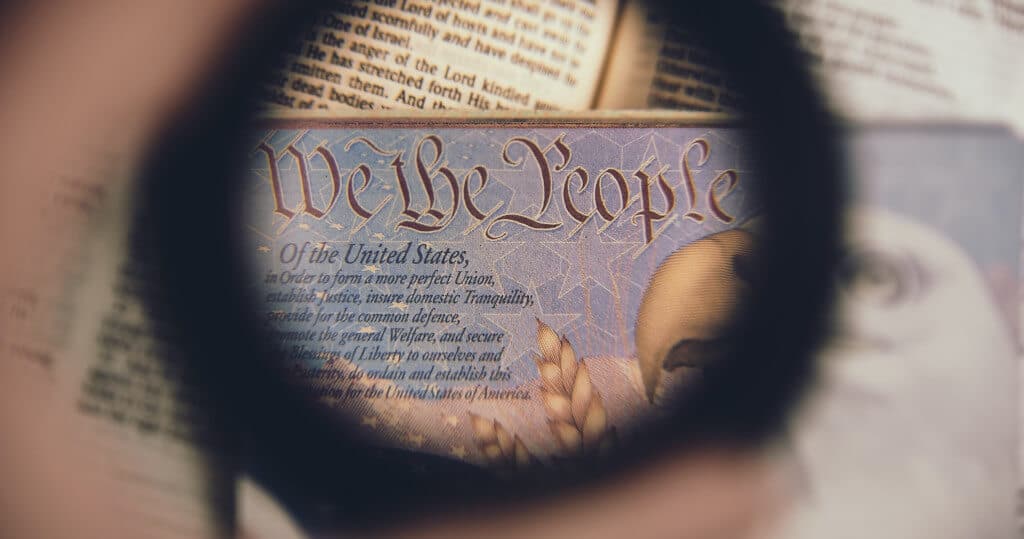
A constitutionalist wishes to see our nation return to its roots and restore the values of freedom and liberty on which our country was founded. If you’re a constitutionalist, you believe that the constitution is the highest law of the land, and it should be followed as written.
Constitutionalists are not anarchists or socialists. They don’t want to abolish government or redistribute wealth through social programs. Instead, they want to ensure that government only does what it’s supposed to do and nothing more.
Rights and limitations of government
The constitution is a document that sets forth rights and limitations on government, limits the scope of government power, and protects against undue encroachment by other branches. These limits are necessary to secure individual liberty in our society.
The first ten amendments to the constitution (the Bill of Rights) protect individuals from abuses by the federal government in areas such as:
- speech, religion, and assembly
- prohibiting unreasonable searches and seizures
- establishing due process protections for criminal defendants
- guaranteeing citizens’ rights to keep and bear arms
- forbidding quartering soldiers in private homes during times of peace without consent from those who live there
- providing that no state may deprive any person of life without due process of law nor deny any person their liberty without due process of law.
Constitutionalists want to live in a free country
Freedom is an important part of the constitution because it gives people the right to choose their own path in life and make their own decisions. If someone tries to take away your freedom or your right as a human being, they’re doing something wrong, and I’m sure you wouldn’t want them telling you what to do!
God gave us these rights, so why shouldn’t everyone else have those same freedoms? That’s what makes America great, and everyone has equal access no matter who they are or where their family comes from.
Constitutionalists embrace the constitution and what it stands for
If you’re a constitutionalist, then you believe that our Founding Fathers wrote the constitution for us to be free. The constitution was written so that we could succeed. And it was also written so that each of us would have the ability to pursue happiness as we saw fit.
But this isn’t just about freedom and independence. It’s also about being able to make our own decisions, the kinds of decisions that affect only ourselves and do not harm others. In other words, it means having control over our own lives.
As constitutionalist Mark Levin states: “We don’t want society telling us what kind of clothes we can wear or what TV shows we can watch or how much water we should drink every day. Those are personal choices.”
Constitutionalists believe we should be free and have the ability to succeed
The founders of the United States were constitutionalists. They believed in freedom, and that person should be able to succeed, but they also believed that the government has a right to protect itself from foreign powers and domestic threats. In short, they wanted us to be free but not at the expense of our safety.
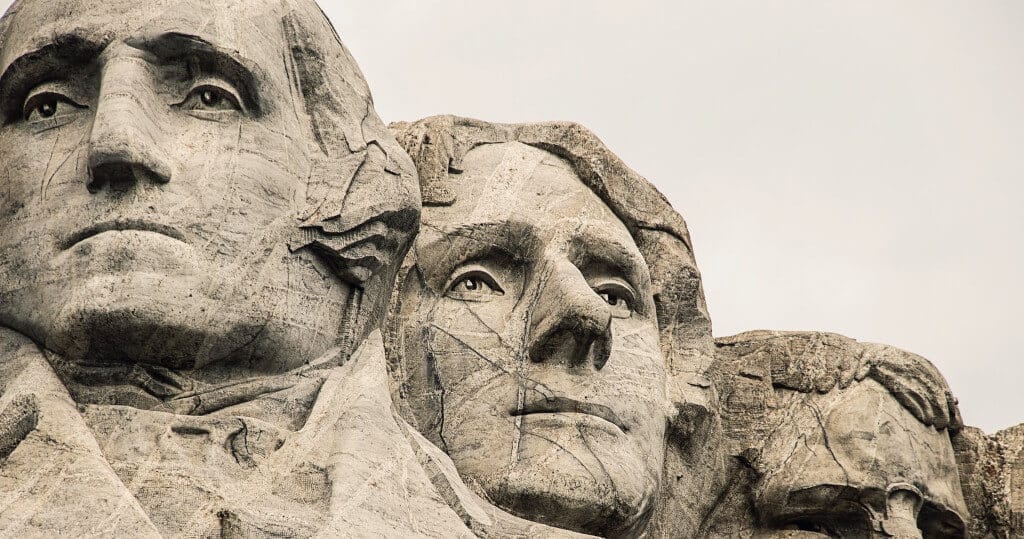
In today’s political climate, many people have become disillusioned with both major parties because they don’t believe their representatives are following through on their promises or upholding our founding principles as outlined in Article I Section 8 of the Constitution (the enumerated powers).
These individuals refer to themselves as “constitutionalists” because they value our founding document and want this country to live up to its potential by putting it into practice once again.
The History of Constitutionalism
The origins of constitutionalism can be traced back to ancient Greece and Rome. The Greek city-state of Athens is often considered the birthplace of constitutionalism, with its famous Constitution of Athens, which was created in the 4th century BCE.
The Roman Republic also had a constitution known as the Twelve Tables, which was created in the 5th century BCE.

Get Smarter on US News, History, and the Constitution
Join the thousands of fellow patriots who rely on our 5-minute newsletter to stay informed on the key events and trends that shaped our nation's past and continue to shape its present.
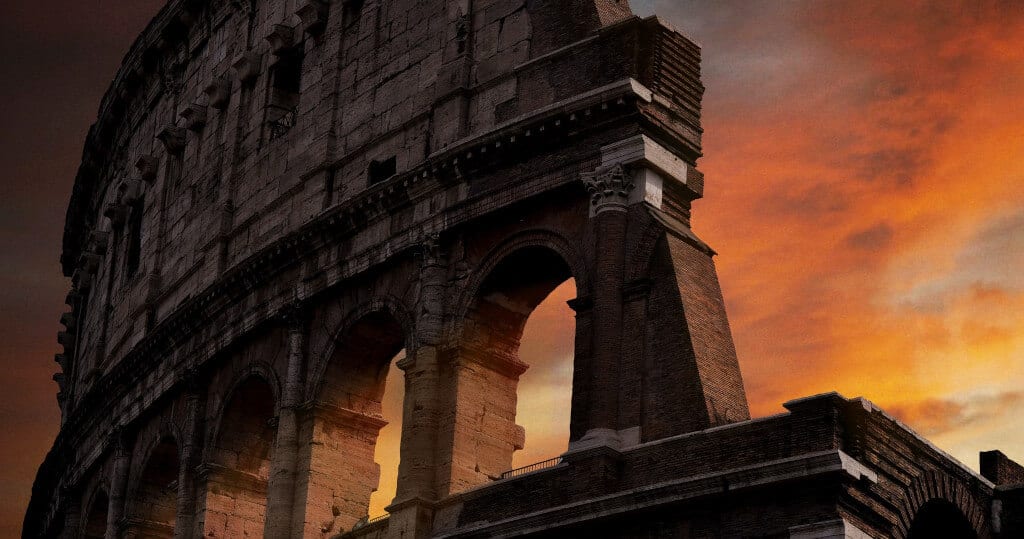
The concept of constitutionalism began to spread beyond Greece and Rome during the European Enlightenment in the 17th and 18th centuries.
The French philosopher Montesquieu is often credited with being one of the first to articulate the principles of constitutionalism in his work The Spirit of the Laws, published in 1748.
The American Revolution in 1776 and the French Revolution in 1789 were also influential in spreading the ideals of constitutionalism.
Constitutionalism continued to develop throughout the 19th and 20th centuries. In 1867, Canada became one of the first countries to adopt a constitution when it enacted its Constitution Act.
In the 20th century, many countries around the world transitioned from authoritarian regimes to constitutional democracies after World War II.

The Key Principles of Constitutionalism
There are three key principles of constitutionalism: separation of powers, the rule of law, and representative democracy.
- Separation of powers is the principle that the different branches of government (executive, legislative, and judicial) should be kept separate from each other to prevent abuse of power.
- The rule of law is the principle that the government must operate within the bounds of the law and that individuals are subject to the same laws as everyone else.
- Representative democracy is the principle that the people should elect representatives to govern on their behalf.
The Benefits of Constitutionalism
There are many benefits to constitutionalism, such as the following:
- It ensures that the government is limited in its power and that the people have certain rights that cannot be taken away.
- It protects against dictatorship and tyranny by ensuring that there are checks and balances on government power.
- It allows for democracy and rule by law, as opposed to rule by force or arbitrary decision-making.
- It promotes stability and order by setting out clear rules and procedures for the government to follow.
The Challenges of Constitutionalism
The challenges of constitutionalism are many and varied, but the concept of the constitutional rule of law has prevailed in many countries around the world.
There are a number of challenges that constitutionalism faces around the world.
- One of the most significant is the rise of populism and nationalism, which has led to a questioning of the value of constitutionalism and democracy.
- Another challenge is the increasing power of executive branch institutions, which has led to a weakening of checks and balances and the rule of law.
- Additionally, globalization has led to increased pressure on national sovereignty, and technological advances have made it easier for governments to surveil their citizens, raising concerns about privacy and civil liberties.
Despite these challenges, however, constitutional rule continues to be an important form of government worldwide. Many countries have written constitutions that set the boundaries of government power and protect individual rights and liberties.
And even in those countries without formal written constitutions, such as the United Kingdom (a constitutional monarchy without a codified constitutional text), there are still important formal and informal constraints on government power.
The Future of Constitutionalism
The future of constitutionalism is likely to be shaped by a number of factors, including the continued growth of globalization, the increasing power of supranational organizations, and the rise of new technologies.

These trends are likely to challenge traditional conceptions of sovereignty and the nation-state and may lead to the development of new forms of constitutionalism.
However, sometimes the future of constitutionalism seems uncertain. The pressures of population growth and globalization will likely increase the demand for increased government power and centralization, which could undermine constitutionalism in some countries.
At the same time, the spread of democracy has led many developing nations to adopt written constitutions that protect individual rights and freedoms.
A country with a written constitution is more likely to have an independent judiciary that protects those rights. This can be an important check on the power of government officials, as exemplified by the authority of the United States Supreme Court.
Constitutionalism Around the World
The rise of populism and authoritarianism has led to a decline in the global status of constitutionalism. While the global financial crisis and 9/11 have given birth to several opportunities for populism to grow, they failed to make much of an impact in Europe.
A more comprehensive understanding of constitutional government and the relationship between populism and constitutionalism is necessary to understand the complexities of constitutionalism and the changing political world. While this debate has a long way to go, we should remain vigilant and aware of its roots.
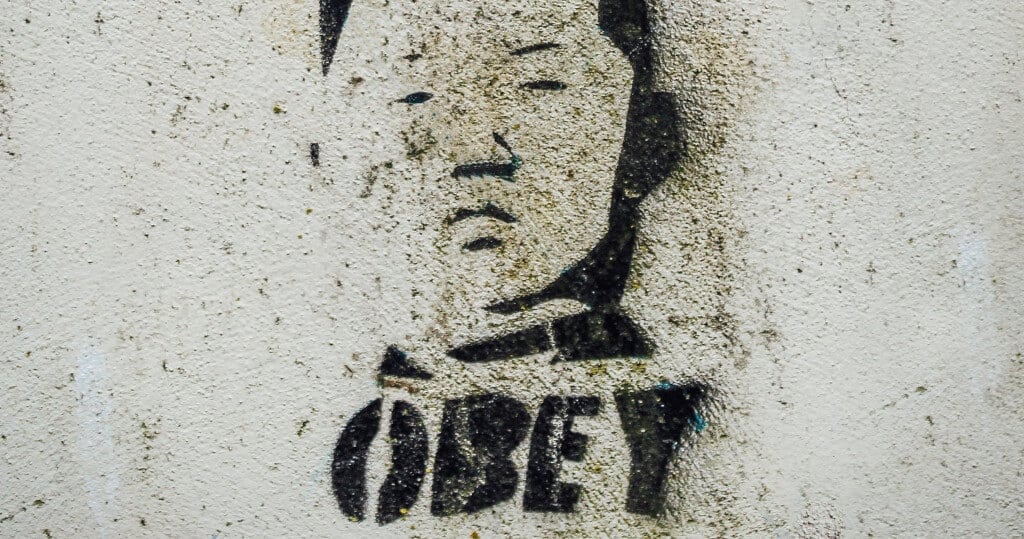
As we continue to develop a global model of living constitutionalism, it is important to recognize that there is no one path to the end. It is a complex web of practices and actors. There is no one complete world constitutional order, and it is important to recognize the messy forms of contestation.
Further, we need to pay attention to the different types of actors that are trying to achieve the end goal. For instance, in the case of the United States, it is impossible to talk about one constitutionalism without considering the political context of another.
As the debate on constitutional limits continues, some countries have a more entrenched constitutional system. While this is problematic in many instances, the debate over whether or not to allow unwritten laws to exist in a nation has largely been settled with Marbury v. Madison.
In the United States, the Supreme Court ruled that a country’s constitution must have limitations. Otherwise, it will become a de facto dictatorship.
We Should All Be Constitutionalists
Every day, you’re faced with a choice, are you a constitutionalist or not?
The answer is simple, but it’s not easy. If you want to be a constitutionalist, you must do the hard work of being one and make the right choices to stand up for what’s right in your life.
And that means sometimes saying no when everyone else says yes. It also means:
- standing up against bullies and bullies of government.
- taking care of yourself first before taking care of anyone else.
- living by your own rules instead of letting someone else tell you how to live or what rights are yours or how much money should be in your bank account at any given time (and these are just some examples).
American Constitutionalism
I hope this article has helped you to understand what a constitutionalist is and why we should all be constitutionalists. The constitution is the most important thing we have as Americans because it guarantees specific rights. We should all be proud of our country’s history and want to continue living in a free nation that gives us the opportunity to succeed.
What Is a Constitutionalist? Quiz
Frequently Asked Questions
What is a constitutionalist?
What are the key principles of constitutionalism?
What rights are protected by the Bill of Rights in the U.S. Constitution?
What are the benefits of constitutionalism?
What challenges does constitutionalism face today?
How useful was this post?
Click on a star to rate it!
Average rating / 5. Vote count:
No votes so far! Be the first to rate this post.
We are sorry that this post was not useful for you!
Let us improve this post!
Tell us how we can improve this post?


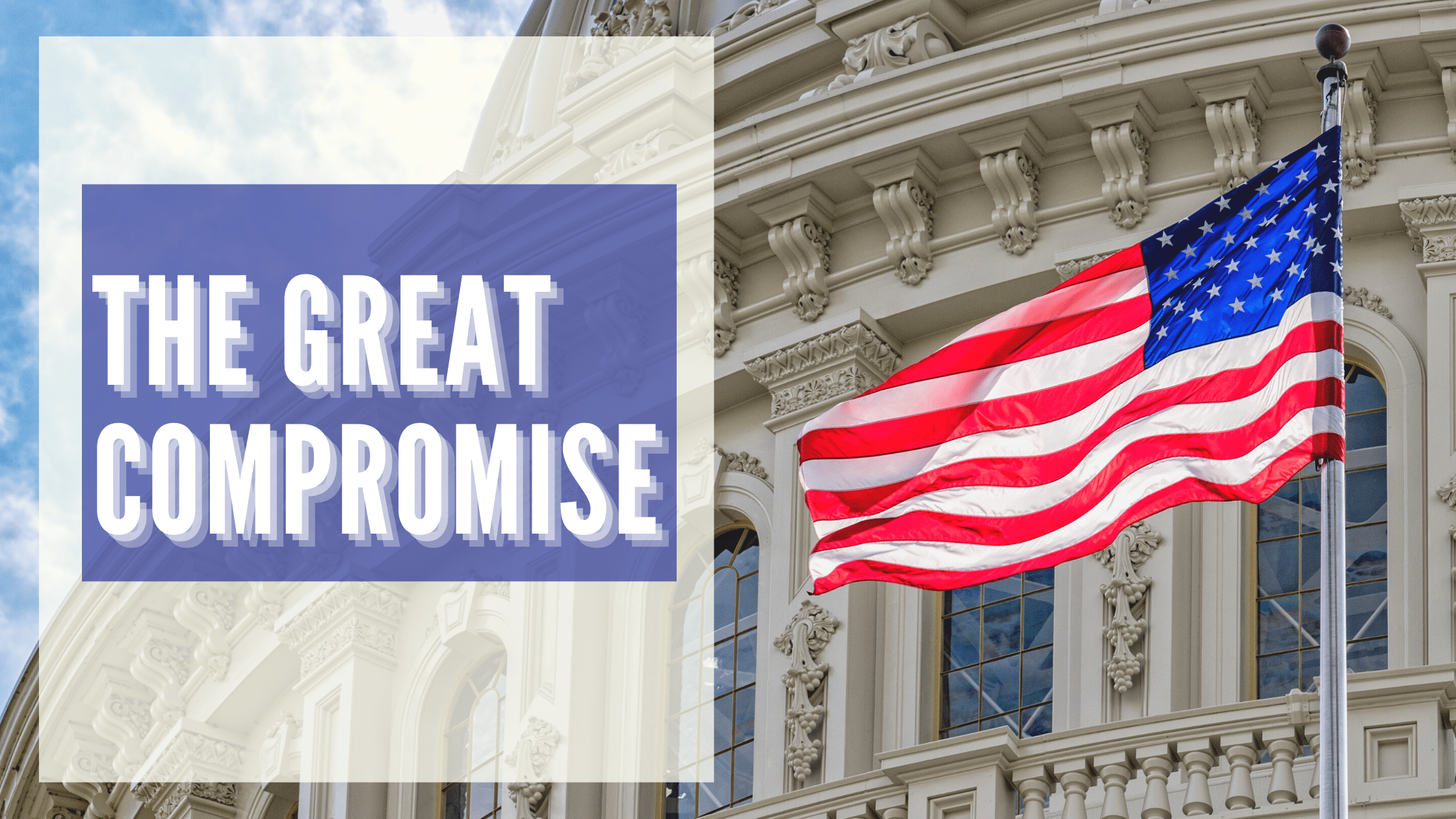
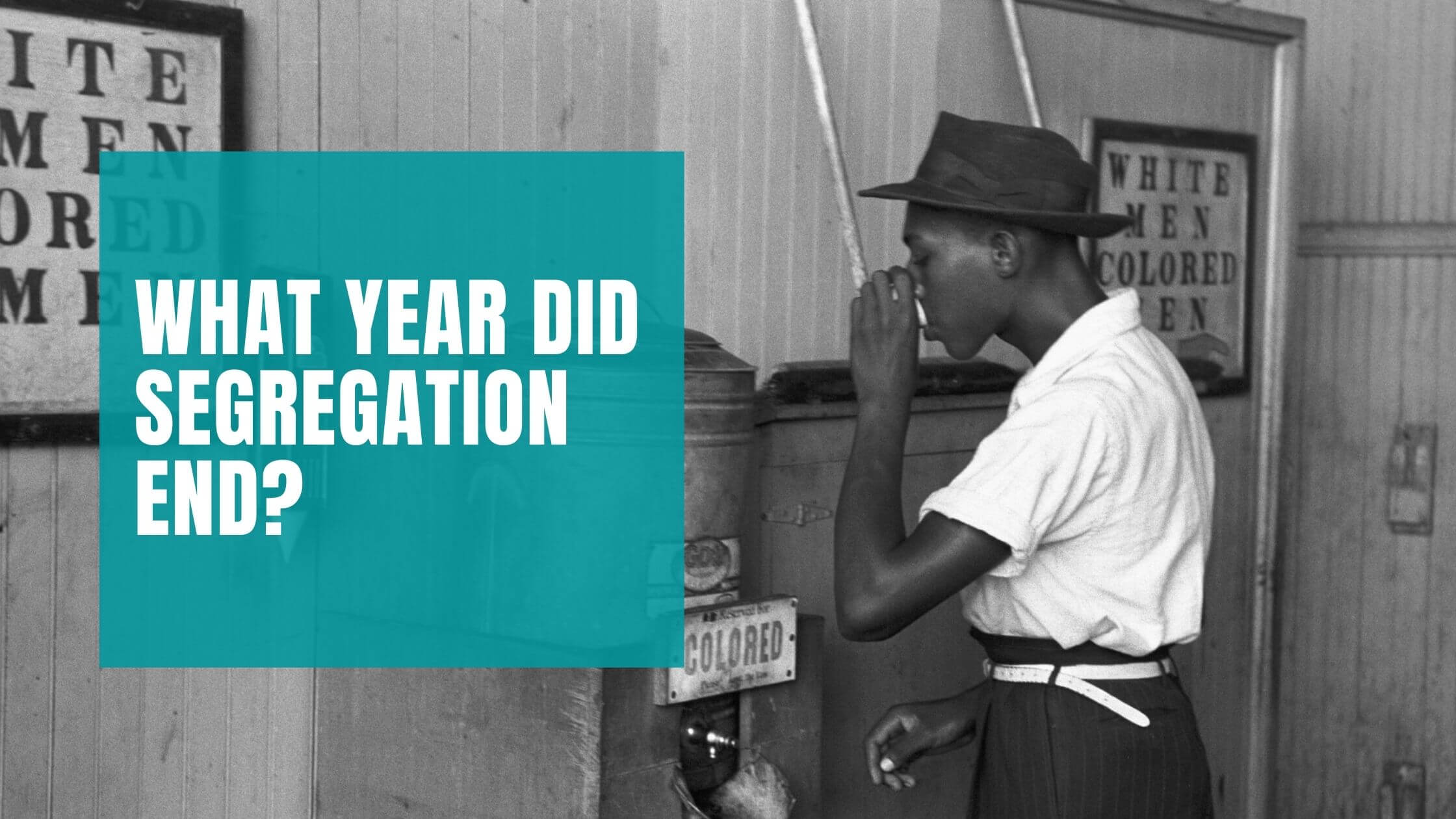

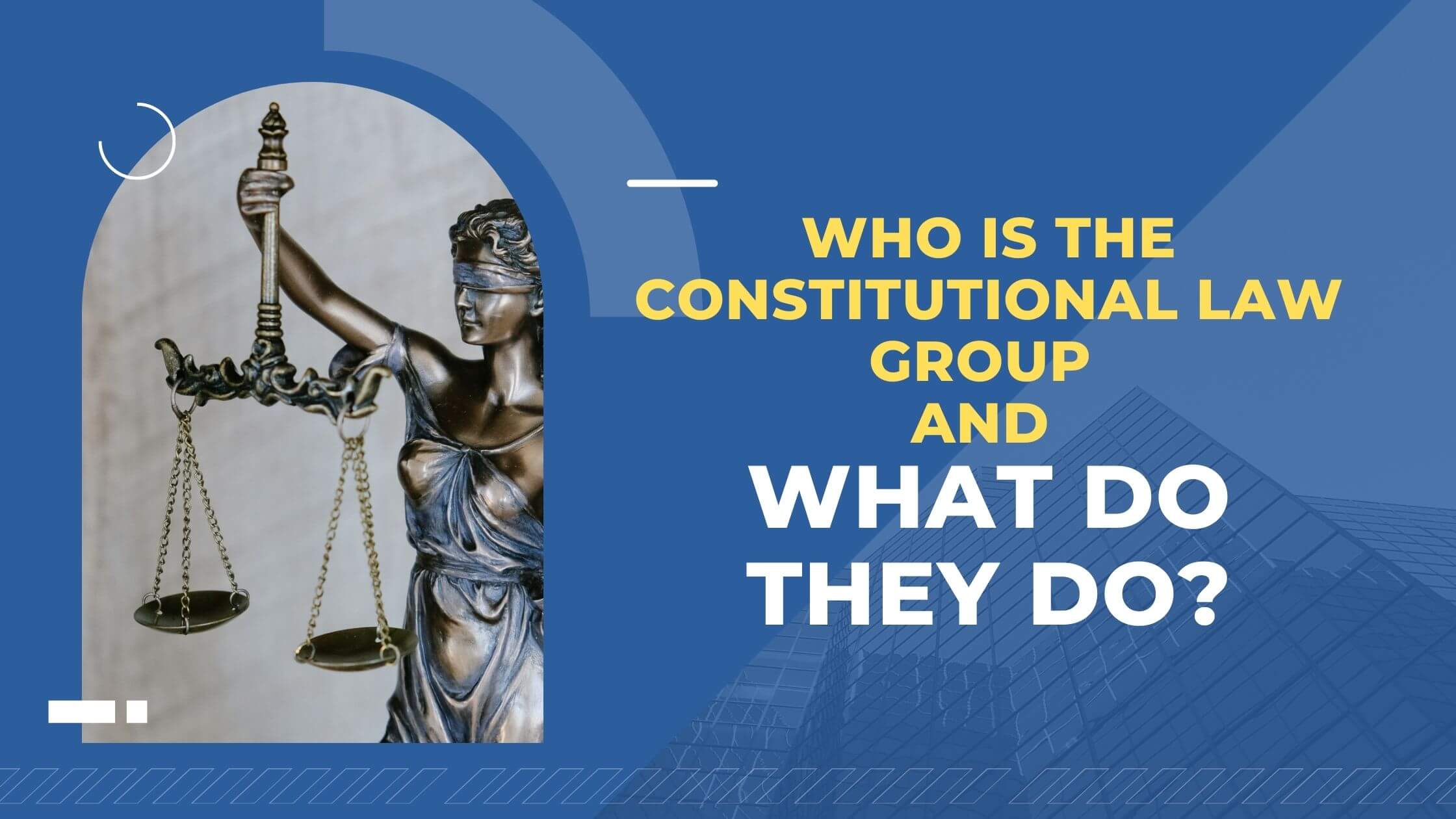
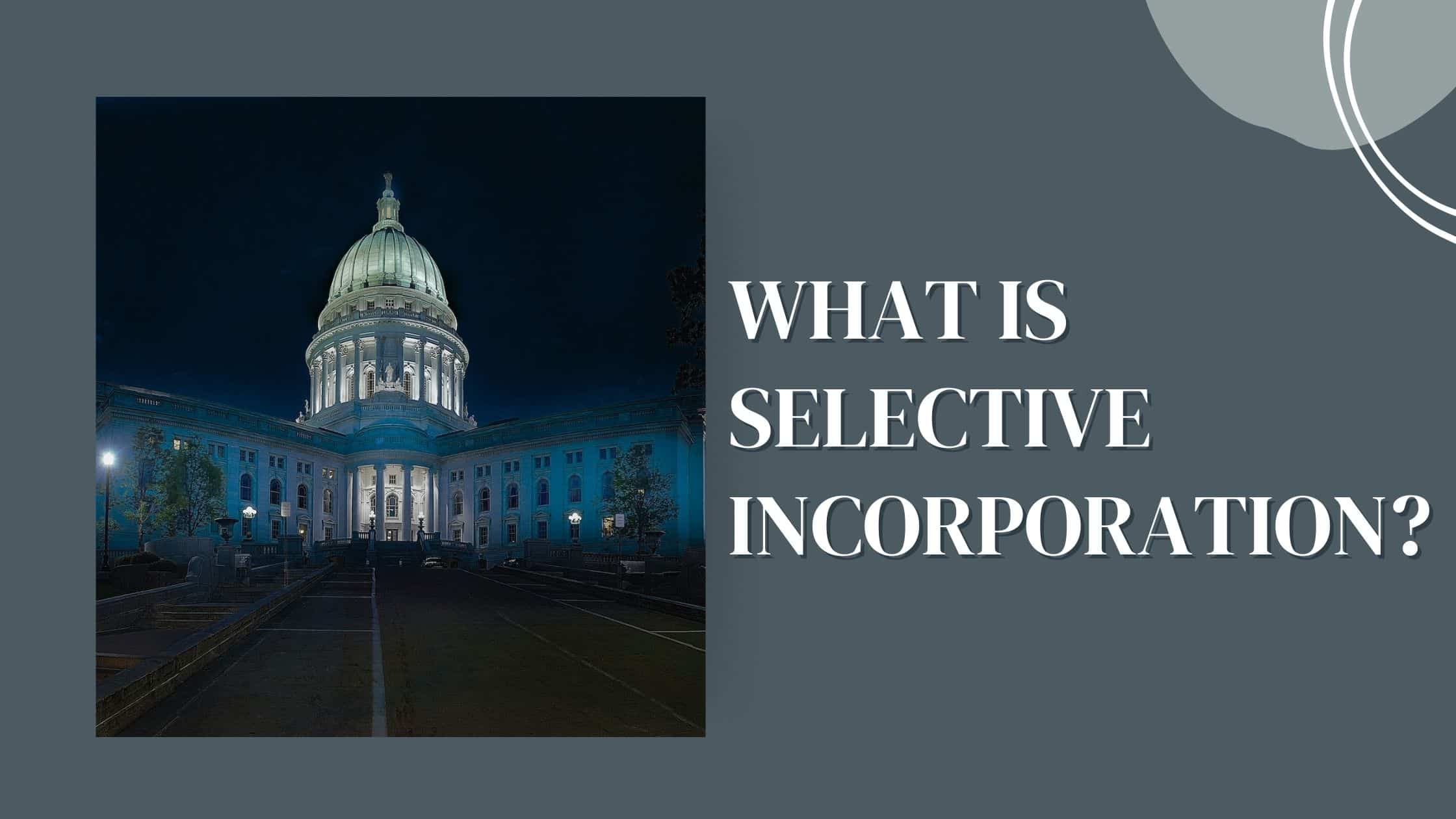
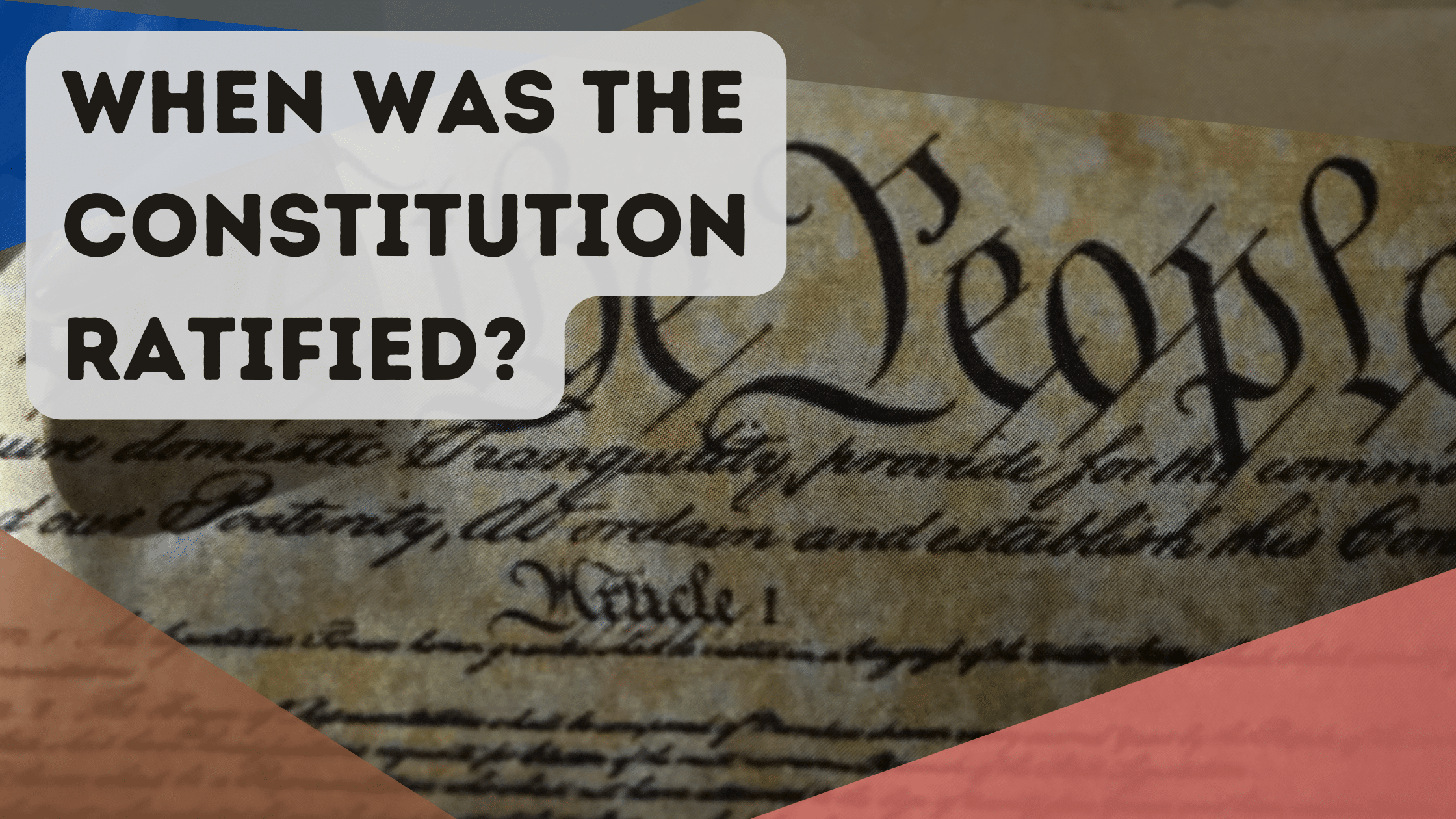
3 Responses
Great review on the Constitution ! I find this is a keeper for hoping going back to college and getting a degree in the Constitution Law ! Thanks !
This is my first big dive into the working definition of what a constitutionalist person believes. Help me to understand how this definition is reconciled with the freedom and justice for all that was declared when it only meant freedom and justice for white males? I know there were amendments to the constitution, and I know those were different times, but how could the veracity of the idea be carried through with how egregiously wrong the first edition was written?
This is not America !!! They have gone way too far in the abuse. I’d like to start a petition and get information on seceding from this corrupt , and very disturbing administration! Furthermore I will contest taxes as well sue to the fact that we did not approve this corrupt budget as well. It’s us or them at this point. I will not be a slave . Hundreds of thousands right beside me .